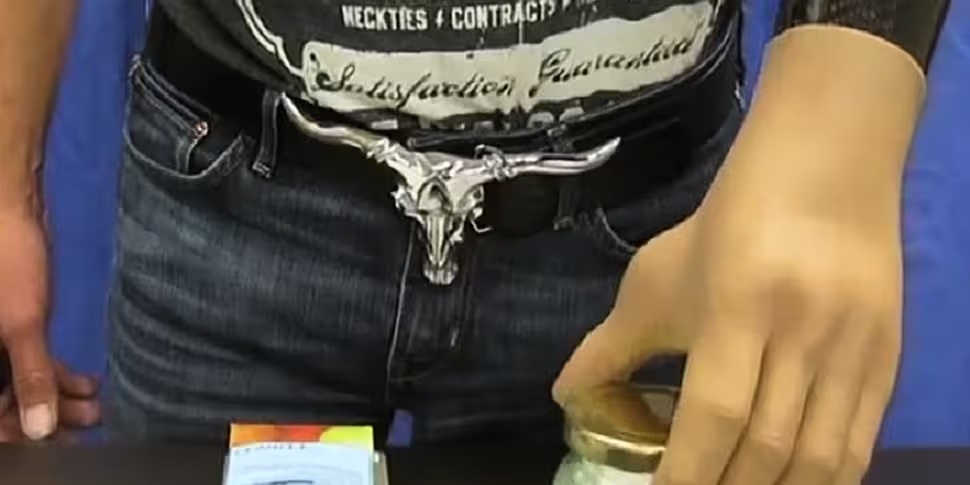Three men have become the first in the world to have their hands replaced by bionic versions controlled by their mind.
All three had suffered nerve damage from climbing and motorcycle injuries which left them in pain and with little control over their "real" hands.
The new technique, called "bionic reconstruction", involved amputating the hand and substituting it with a robotic prosthesis.
Three months after the procedure the three men, from Austria, are now able to pick up a ball, pour water from a jug and undo buttons for the first time since their accidents.
Their hands respond to thought-controlled electrical impulses sent from attached muscles.
Professor Oska Aszmann, director of the Christian Doppler Laboratory for the Restoration of Extremity Function at the Medical University of Vienna, said the nerve injuries suffered by the men was effectively an "inner amputation".
He said: "Existing surgical techniques for such injuries are crude and ineffective and result in poor hand function.
"The scientific advance here was that we were able to create and extract new neural signals via nerve transfers amplified by muscle transplantation. These signals were then decoded and translated into solid mechatronic hand function."
Before their hands were amputated, the men spent an average of nine months in mental training to learn how to control a "virtual" hand.
They then practised using a hybrid hand - a prosthesis attached to a splint-like device on their injured hand.
The injuries suffered by the men - known as brachial plexus injuries - occur when a network of nerves in the neck which control movement and sensation in the upper limbs are damaged.
That often occurs as a result of trauma from high-speed collisions, particularly motorcycle accidents, and contact sports including rugby.
Details of the procedure have been published in The Lancet medical journal.









